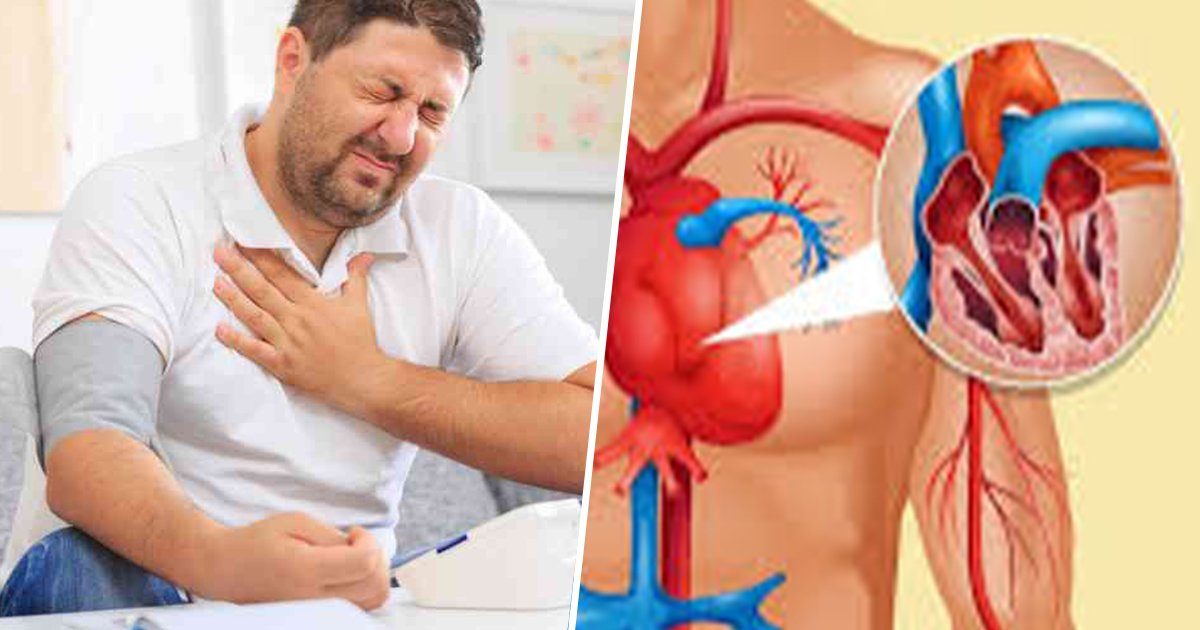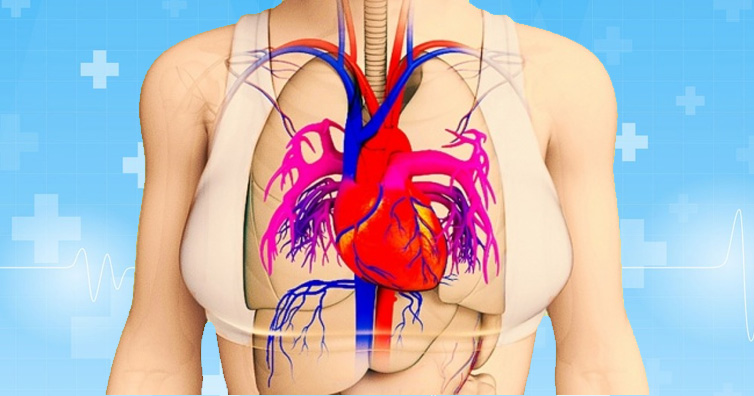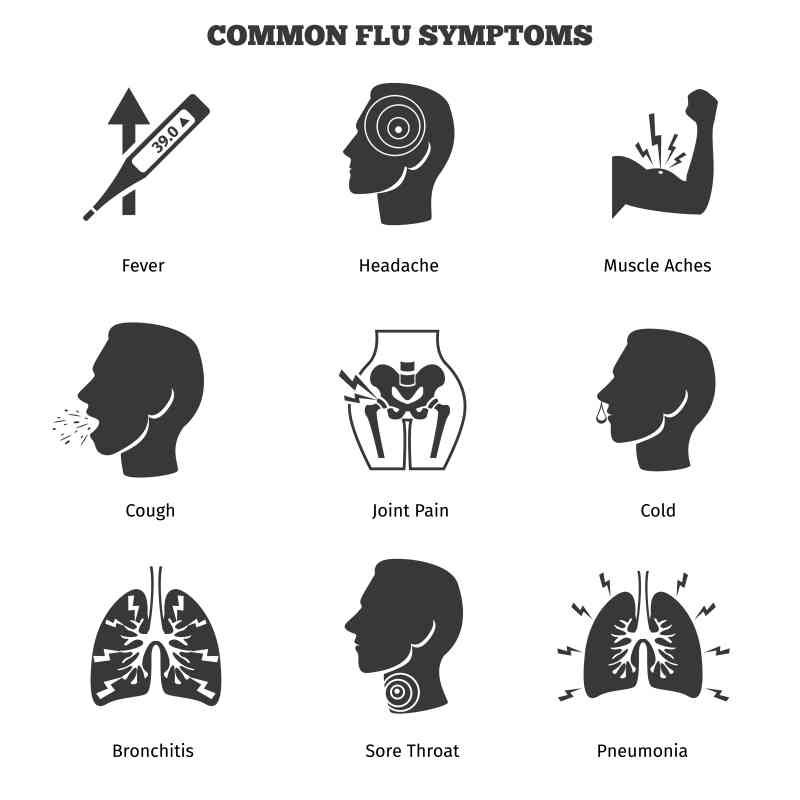We live in a world filled with thousands of diseases.
Sometimes we might not even be aware of what we are facing unless we realize its symptoms. The best way to deal with any disease is to prevent it from happening. Certain diseases are genetic and can’t be controlled easily. But there are others as well which can be foreseen.
Your body constantly gives you signals before a heart attack. You should be smart enough to recognize them. If you do not acknowledge them, you are only increasing the risk.
According to a report, over 90 million Americans suffer from some of the other form of heart disease. Without an adequately functioning heart, the rest of the body organs are doomed to fail.
There are signals that your body gives you a month before you might even have a heart attack. Watch out for these signs and kindly do not ignore them.
Chest Pressure: You can notice this sign more often than not. It is also known as angina. When your heart receives an insufficient amount of oxygen-rich blood, then you might feel the chest pains. Most people consider this to be a sign of indigestion, but if the pressure is constant, it is a sign of a probable heart attack
Dizziness and Cold Sweat: With an improper blood circulation, sufficient amount of blood does not reach your brain and leads to its improper functioning. You could feel dizziness due to this. If you feel cold sweats, consult a doctor as soon as possible.
Feeling Weak: If you experience weakness or jaw pain or sweat a lot or experience nausea, you run the risk of having a heart attack. It indicates that your arteries are narrowing and the blood flow is improper throughout the body.
Shortness of Breath: Apart from the heart, another organ that is affected by the loss of blood flow happens to be the lung. Insufficient amount of blood in your lungs leads to a problem in breathing properly. If you do not breathe adequately, there will be a reduction in the amount of oxygen that reaches your brain. It also leads to shortness of breath.
Chronic Fatigue: If you feel tired constantly without apparent reason, there might be a possible reduction in the amount of blood flow to your heart. This could be possible due to the build-up of plaque in the arteries.
Flu-Like Symptom: There are certain flu-like symptoms that you might feel if you are going to have a heart attack. Some of the symptoms include fatigue, chest pain, and fever. They can last anywhere between 2-10 days.
Insomnia: One of the possible signs of heart attack is lack of sleep. Most of the people suffering from insomnia also suffer from depression and anxiety. Anxiety is responsible for increasing your blood pressure which can cause a heart attack. Research shows that there is a direct link between depression and heart attack.
Share these signs with your friends and family.










